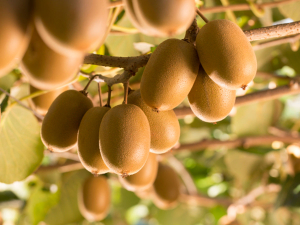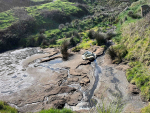Over the past two Kiwifruit seasons, Toi Moana Bay of Plenty Regional Council has prosecuted five orchardists for illegally taking more than 100 million litres of water.
All have pleaded guilty to the charges relating to the unlawful takes at their orchard, resulting in fines totalling $196,500.
Bay of Plenty Regional Council regulatory compliance manager, Matt Harrex, says resource consents provide important protection to the natural environment and across all of these prosecutions, the orchardists ignored that requirement.
“Clamping down on illegal water takes has been a significant focus for Regional Council for the past ten years,” Harrex says.
“We’ve spent a lot of time working with industry to educate growers that anything above the daily permitted water take requires resource consent. For the most part growers are doing the right thing with over 1,000 resource consents for water takes granted over the last decade.”
He says that, depending on variables like soil, rainfall and field capacity, at least 40m³ of water may be required each day to irrigate one hectare of kiwifruit canopy in the heat of summer.
“This is more than the permitted daily take of 35 m³ per day, and orchards are generally a lot bigger than one hectare, so it’s always disappointing to come across those that are aware of the need to apply for resource consent but have made a conscious decision to take the water anyway,” Harrex says.
In the sentencing decision for Woodlands Orchards, Judge Kirkpatrick says the increasing demand for water in the Bay of Plenty is placing pressure on streams, rivers, springs, and groundwater.
“Over abstraction of groundwater can degrade groundwater quality and reduce water levels in aquifer systems and associated surface waterbodies,” Kirkpatrick says.



















